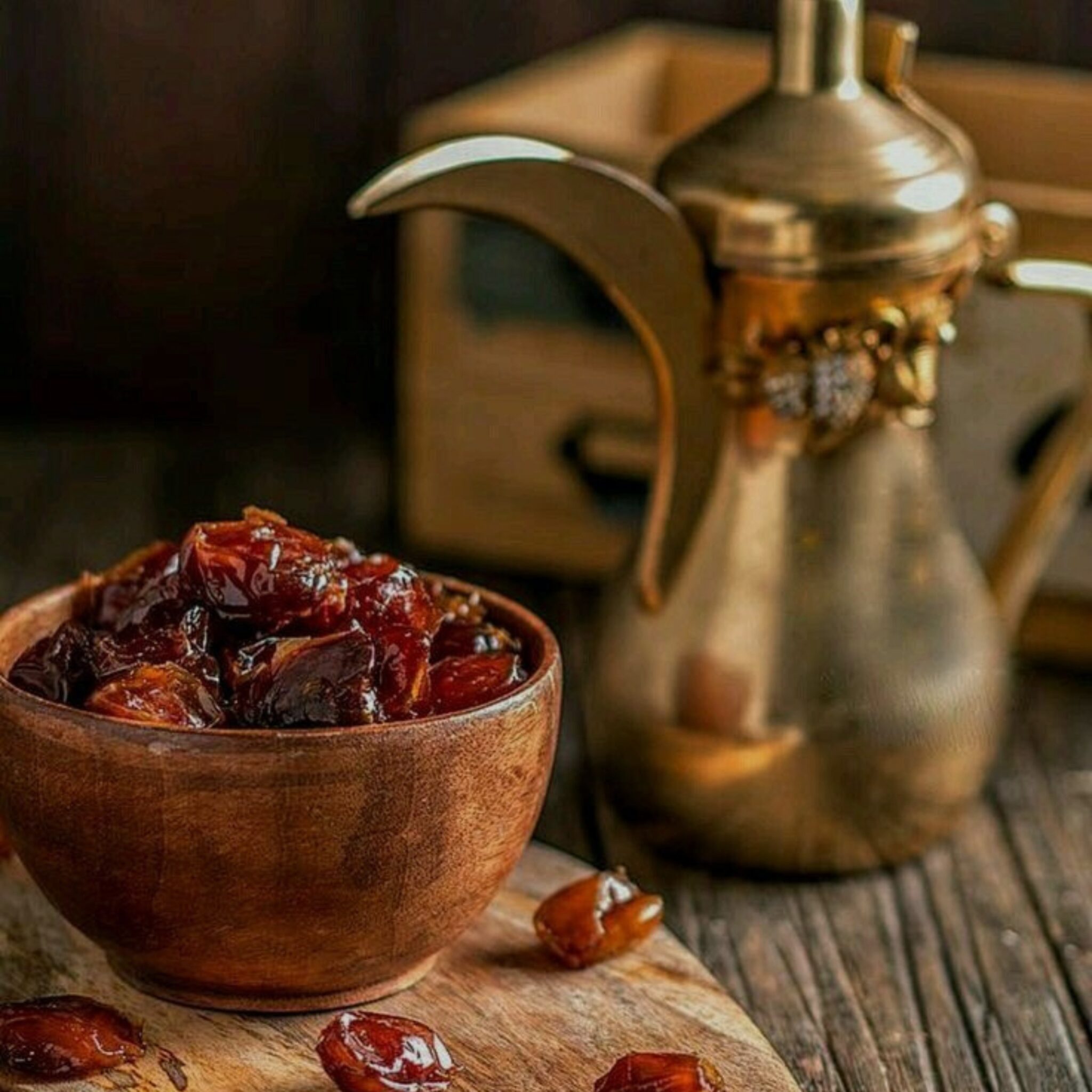
What positive changes occur in our body?
As we have entered the holy month of Ramadan, Muslims around the world have embarked on a profound spiritual journey marked by fasting, prayer, and reflection.
During Ramadan, Muslims observe strict rules regarding eating and drinking. From dawn until sunset, known as Suhoor to Iftar, they fast abstaining from food, drink, smoking, and other physical needs. The pre-dawn meal, Suhoor, is crucial, as it sustains them throughout the day. At sunset, the fast is broken with dates and water followed by Maghrib prayer, and then a meal known as Iftar.
While the primary purpose of fasting is to fulfill a religious obligation and draw closer to Allah, the positive effects on health can be viewed as an additional mercy and wisdom from Him. Being supported by scientific research, here are some health benefits from fasting during the Ramadan month:
- Weight loss and improved metabolic health: Fasting during Ramadan encourages the body to utilize stored fat for energy, leading to weight loss and improved metabolic function. This can be beneficial for individuals looking to manage their weight and reduce the risk of obesity-related health issues.
- Detoxification: Fasting allows the body to undergo a natural detoxification process, as it focuses on breaking down and eliminating toxins accumulated in the body. This can lead to improved overall health and well-being.
- Enhanced mental clarity and focus: Some individuals report experiencing heightened mental clarity and focus during Ramadan, as fasting can help reduce brain fog and promote sharper cognitive function.
- Improved lung function: Abstaining from smoking during daylight hours can lead to improved lung function and respiratory health. This can be particularly beneficial for individuals looking to quit smoking or reduce their tobacco consumption.
- Reduced risk of cardiovascular disease: Fasting can help lower blood pressure, reduce cholesterol levels, and improve heart health, thereby reducing the risk of cardiovascular disease and related complications.
- Regulated blood sugar levels: The disciplined eating schedule of Suhoor and Iftar can help regulate blood sugar levels throughout the day, promoting better glycemic control and reducing the risk of insulin resistance and type 2 diabetes.
- Promotion of healthier eating habits: By encouraging moderation and mindful eating, Ramadan fasting promotes healthier eating habits and can help individuals break free from unhealthy dietary patterns. This can lead to long-term improvements in nutrition and overall health.
Muslims are encouraged to break their fast with modest portions, focusing on hydration and nourishment rather than indulgence.
Here are some easy healthy recipes for your Iftar:
30-MINUTE Roasted Cabbage with Lemon and Tahini Sauce
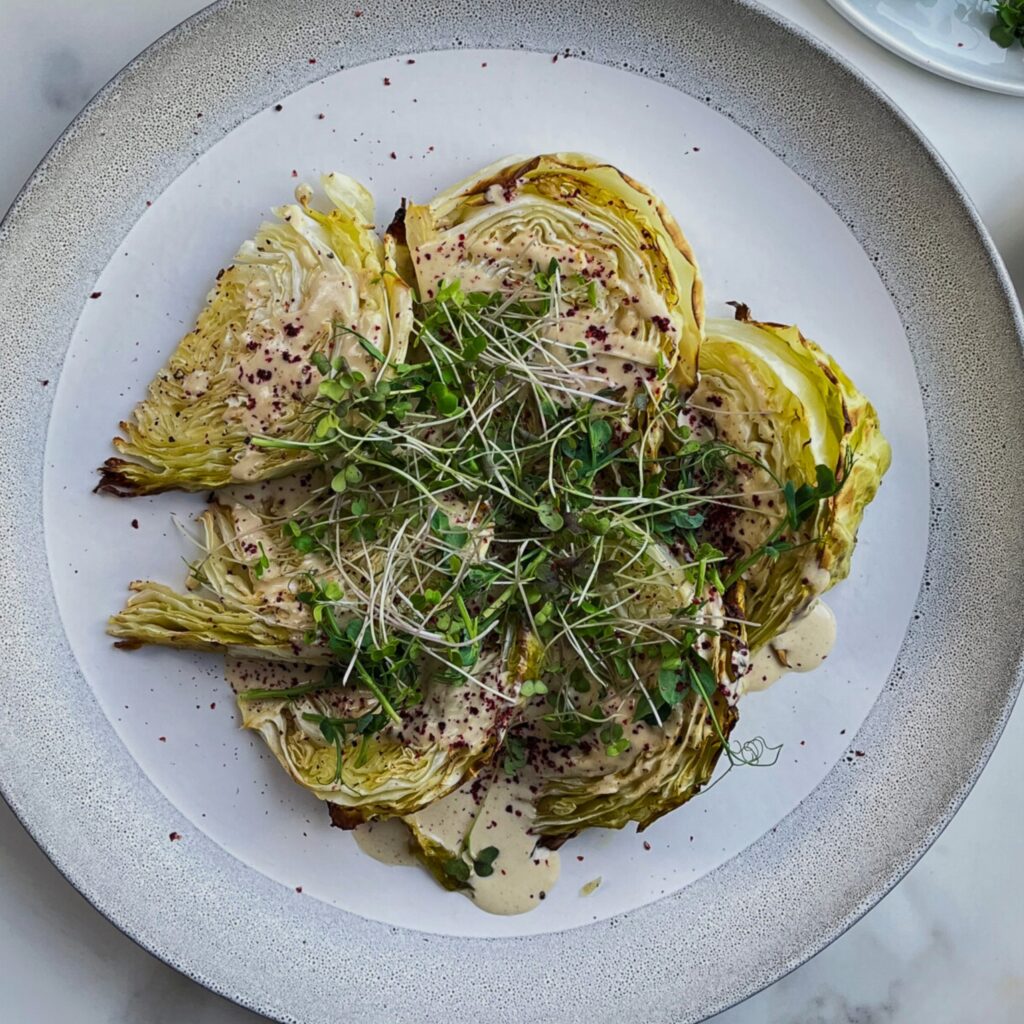
Ingredients:
- ½ Head of cabbage
- Salt
- Freshly ground black pepper
- Olive oil
Lemon and tahini sauce:
- 1 Cup tahini paste
- 2 Lemons, juiced
- 2/3 Cup water
- ¼ Tsp chilli powder (optional)
- 1 Tsp sea salt
- Freshly ground
Preparation:
- Preheat oven at 200°C. Cut half a head of cabbage into 6 or 8 equal-sized wedges, cutting through the core and stem end. Arrange the wedges in a single layer on a baking sheet. Season with salt and pepper and drizzle with olive oil. Flip the cabbage wedges and do the same on the other side.
- Bake the cabbage for 20 – 30 minutes, flipping halfway through. Roast until tender and golden-brown.
- To make the sauce, combine the tahini paste and lemon juice in a small bowl. Slowly add the water to this, whisking until the sauce has a light, creamy consistency. Season with chilli powder, sea salt and pepper.
- Serve the roasted cabbage on a platter and top with a drizzle of the lemon and tahini sauce, and garnish with mixed sprouts. Serve hot or cold.
30-MINUTE SPINACH AND POTATO CURRY
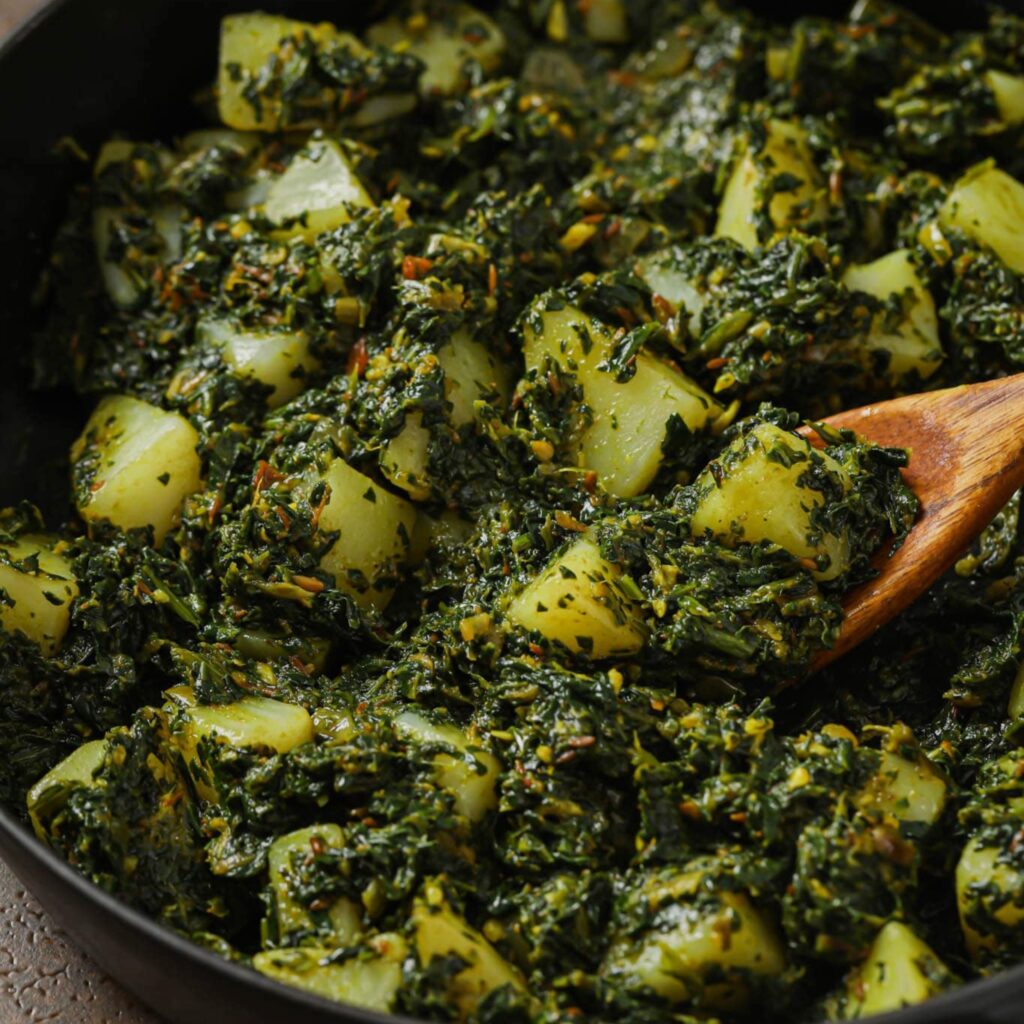
Ingredients:
- 10-oz Of frozen spinach for 1 lb of fresh spinach
- Red or normal potatoes
- Essentials of the dish: Oil, Onions, Tomatoes, Green/red chili peppers, Garlic, Ginger, Salt and Lemon
- Spices: Cumin seeds, Coriander powder and Turmeric
Preparation:
- Chop the spinachleaves using a food processor.
- Boil the potatoeswith some salt.
- Sauté the onion, then add the garlic, ginger, and green chili pepper.
- Stir in the chopped tomatoes, spices and salt. Cook until the tomatoes soften and the oil starts leaving the sides.
- Add the chopped spinach and make sure to get rid of any raw taste in the spinach.
- Toss in the boiled potatoes and stir to coat. Sprinkle in lime or lemon juice.
40-MINUTE Crushed Lentil Soup
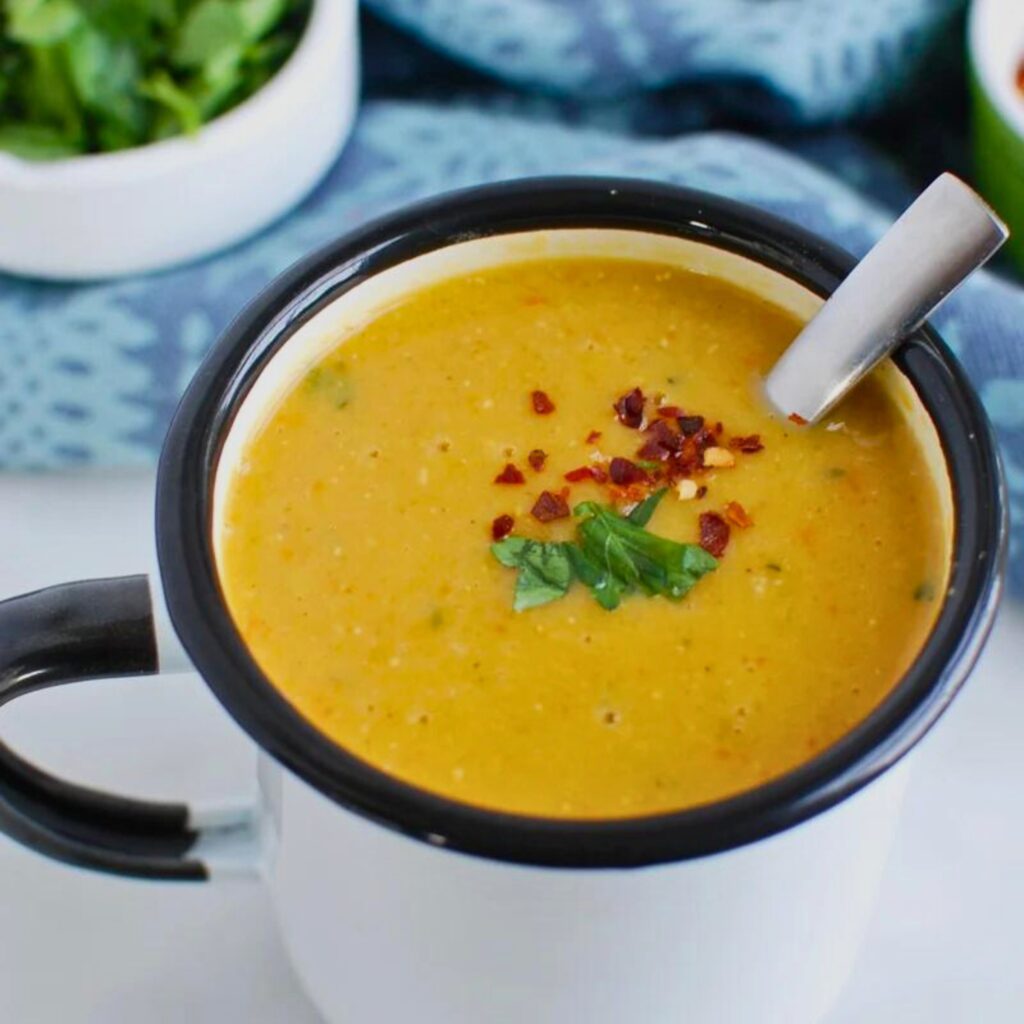
Ingredients:
- Essentials of the soup: Onions, Carrots, Short-grain white rice, Red Lentils
- Other Ingredients: Olive Oil, Salt and freshly ground black pepper, Cumin, Water, Lemon juice
Preparation:
1.Heat the olive oil in a large, heavy-bottomed pot.
2.Add the onions, salt, and pepper. Cook, stirring occasionally, until softened.
3.Add the carrots, lentils, rice, and cumin.
4.Season again with salt and pepper. Cook, stirring frequently, until the cumin is fragrant.
5.Add water and bring the soup to a boil.
6.Reduce the heat and cook, until the rice and lentils are fluffy and fully cooked.
7.Use an immersion blender to give it a smooth texture.
8.Stir in some lemon juice to finish it up with a fresh zing!
30-MINUTE Mediterranean Couscous Salad
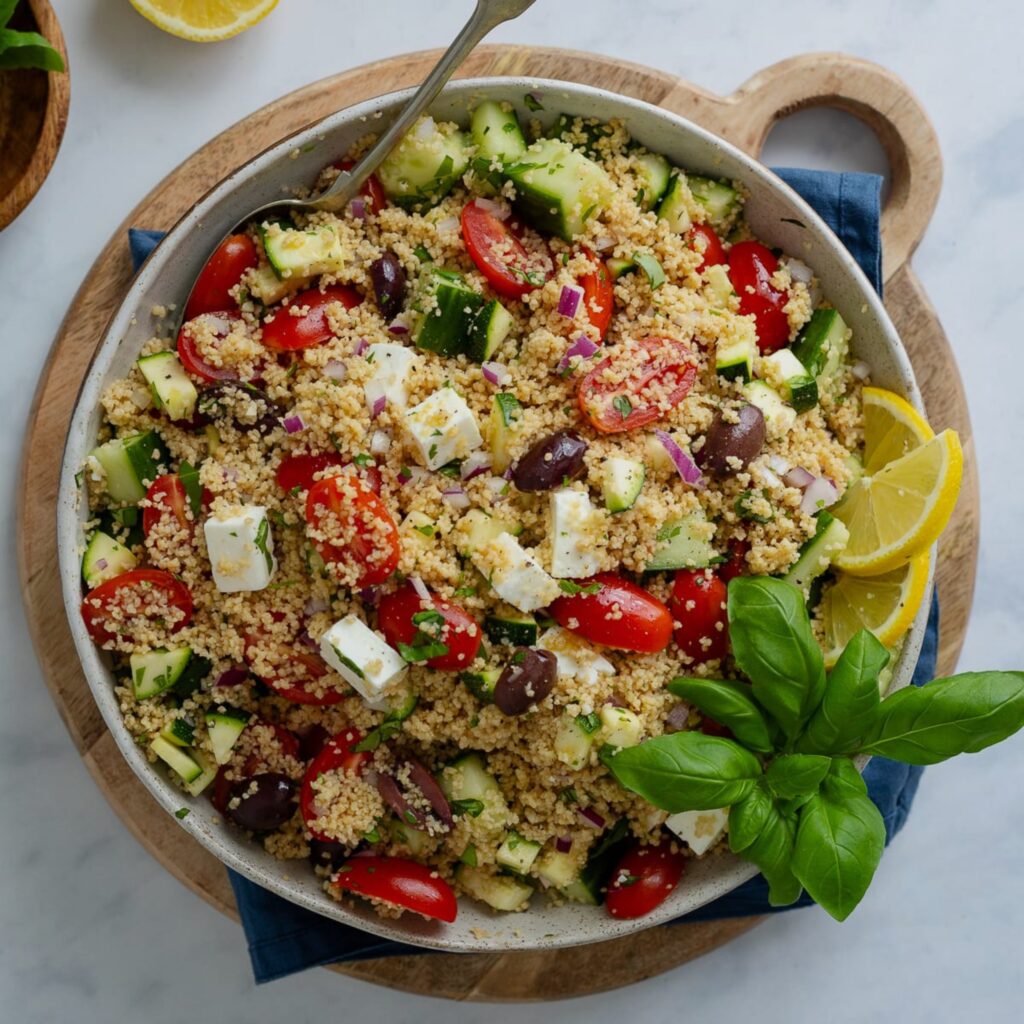
Ingredients:
- Essentials of the salad: Couscous (cook it al dente), Chickpeas, Vegetables (cucumbers and sun-dried tomatoes, Feta cheese, Herbs, Pine nuts
- Sauce: Olive oil, Lemon juice, Mustard, Garlic
Preparation:
The dressing is basically 4 pantry items plus salt and pepper. Make sure to whisk it together in a bowl to emulsify it and really infuse the flavor, as opposed to just adding the ingredients individually on top of the dressing. It makes a difference in the taste and in how much you’ll need to coat the salad.
Do not forget:
- Olive oil whenever you’re making a salad.
- Lemon juice to give the fresh citrus flavor.
- Mustard to add a rich flavor.
- Fresh garlic
25-MINUTE SALMON TIKKA
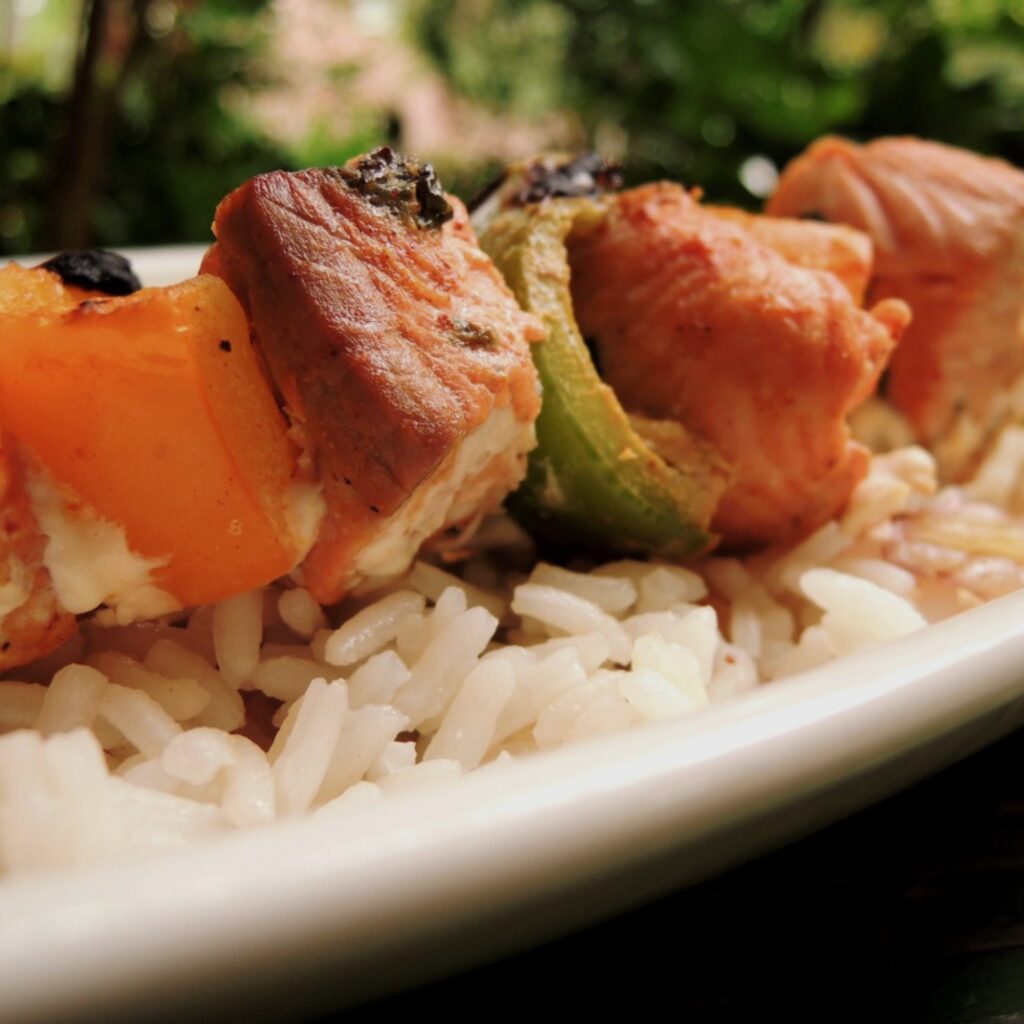
Ingredients:
- Salmon, specifically farm-raised
- Greek yogurt for a stronger flavor
- Olive oil to keep it tender
- Lemon or lime juice, the essential acidic element
- Garlic, Salt and Minced parsley
- Ground spices: Paprika, Coriander powder,Red chili powder
Preparation:
- Remove the salmon’s skin.
- Cut into pieces.
- Whisk all the ingredients.
- Preheat your oven’s boiler to high for 10 minutes.
- Place the salmon on the lined baking sheet.
- Broil for 7-8 minutes, until golden brown and slightly charred on top.
- Serve hot, right out of the oven.
Ramadan is more than abstaining from food and drink from dawn until sunset; it’s a time for self-discipline, empathy, and drawing closer to Allah. It’s important to remember that Ramadan isn’t just about abstaining from physical needs but also about spiritual growth and self-discipline.
stylisphere
most read









